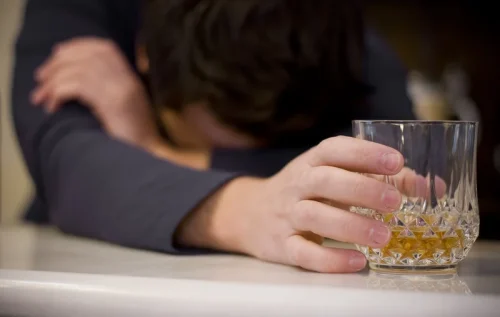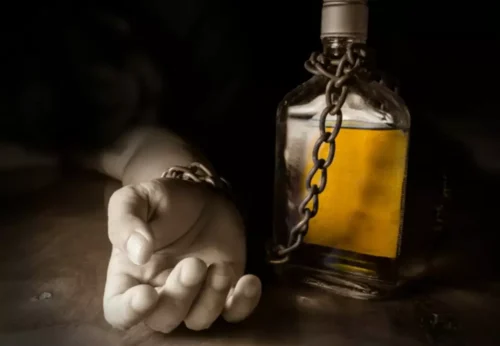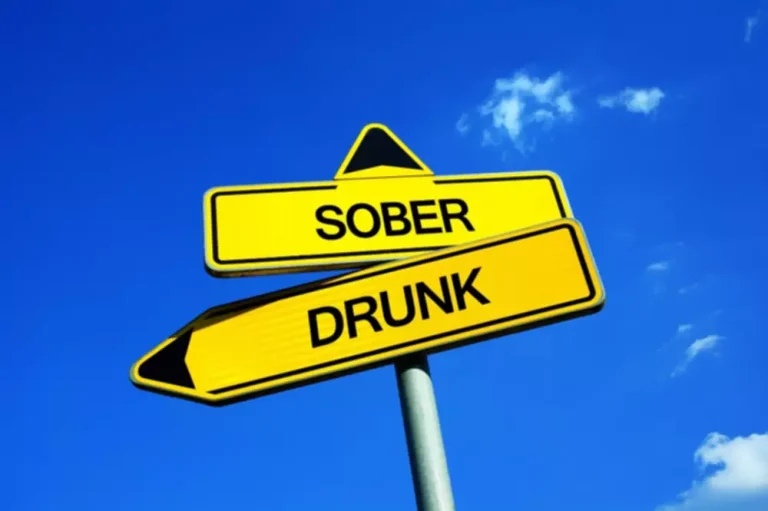
Legal issues and potential incarceration are very real risks for many struggling with addiction. The desperation to obtain substances or engage in addictive behaviors can lead to criminal activity, further complicating the path to recovery. The biological underpinnings of addiction are fascinating and frightening in equal measure. Our brains are wired to seek out pleasurable experiences, and substances like drugs or alcohol can flood our neural pathways with feel-good chemicals like dopamine. Over time, this repeated exposure can actually rewire our brains, making it increasingly difficult to resist the urge to use. The Twelve Steps are a set of guiding principles in addiction treatment that outline a course of action for tackling problems related to alcoholism, drug addiction and behavioral compulsion.
Addiction and Mental Health Resources

The impact of addiction extends far beyond the individual, creating ripples that touch every aspect of life. It’s like dropping a stone into a pond – the effects spread outward, affecting everything in its path. Addiction is like a chameleon, constantly shifting and adapting, making it a formidable foe. It’s not just about a lack of willpower or moral failing – it’s a complex interplay of biological, psychological, and social factors that can ensnare anyone, regardless of background or circumstances. Bill Wilson and Dr. Bob Smith, the two men who founded AA in 1935, drew their inspiration for the Twelve Steps from the Oxford Group. The Twelve Steps and the fellowship of AA were founded and designed around those principles.

What Groups Use Powerlessness to Benefit Recovery?
The most effective way to stay sober is by using the tools of recovery. This includes attending meetings regularly, getting counseling, practicing mindfulness, and staying connected with others who share similar struggles. In this context, it means that someone feels like they don’t have any control over their life. They may feel like they have little choice but to continue using drugs or alcohol because they lack alternatives. We admitted we were powerless over alcohol — that our lives had become unmanageable. Our mission is to provide the most cost-effective, accessible treatment for substance use disorder to as many patients as possible.
What Is Step 1 of Alcoholics Anonymous (AA)?
- This section explores what powerlessness means in the context of sobriety and emphasizes the strength that can be found in accepting it.
- In addition, embracing powerlessness cultivates humility, reminding us that we are not invincible and that seeking help and support is a sign of strength, not weakness.
- The purpose is to recover from compulsive, out-of-control behaviors and restore manageability and order to your life.
- Alcoholics Anonymous does not require that you define “Power” using religious terms.
It’s about rediscovering who you are without the addiction, rebuilding relationships, and creating a life that feels authentic and fulfilling. There may be setbacks and challenges along the way, but each step forward is a victory. Trust is eroded, communication breaks down, and the addicted person may find themselves increasingly isolated. It’s a lonely road, paved with broken promises and missed opportunities.
I’m Seeking Help
- The group has a lot of information online about its history and philosophy.
- The AA first step, admitting powerlessness and acknowledging the unmanageability your addiction brings, is a crucial leap toward lasting recovery.
- Being open to trying something new requires a great deal of courage because it’s an admission that you don’t have all the answers.
- The Alcoholics Anonymous (AA) Big Book says “powerless over alcohol” as its first principle.
- For those currently struggling with addiction, know that you are not alone.
- In sobriety, recognizing the futility of control and surrendering to the fact that addiction cannot be controlled is a crucial step towards recovery.
If you have an alcohol use disorder (AUD), you’re not alone. Denial, a powerful force that shields the mind from the harsh realities of addiction, is the hallmark of the precontemplation stage, where the journey to recovery often begins unnoticed. Here we are, standing at the precipice of change, yet completely oblivious to the fact that we’re even on the edge…. Engaging in therapy and counseling can help address the underlying issues that may have contributed to the addiction.
Learn more about the Twelve Steps
Ms. Honer, who has been in long-term recovery for over 40 years, has worked in the treatment field for over 33 years. She holds certifications in addiction and co-occurring disorder counseling and a bachelor’s degree in addiction studies, having graduated summa cum laude. Ambrosia was founded in 2007 with a mission to provide truly individualized substance abuse treatment to every person who enters one of our programs.

Instead, the treatment available focuses on helping you manage your condition, so you can achieve sobriety and resist relapse to alcohol abuse. Addiction treatment centers often talk about “powerless” as a way to describe the feeling of being unable to control one’s life. This is different from the inability to manage one’s life, which is what most people think of when they hear the word unmanageable. powerless over alcohol In fact, many people who struggle with addiction feel like they have little power over their disease but still want to change. The 12-step program is based on the belief that one day at a time we can take control of our lives by making positive changes. Many peer recovery groups use examples of powerlessness in sobriety to help participants accept themselves for who they are.

The concept of powerlessness can seem quite foreign, especially to those from countries like America whose culture idolizes independence and raising one’s self by their bootstraps. But powerlessness is not the same thing as weakness; it isn’t something to be feared or https://ecosoberhouse.com/ despised. It also is not a lack of agency that implies we are helpless when it comes to choosing between right and wrong. But the terminal stages of addiction will strip everything away, and an addicted person who refuses to recover will often be left with nothing.
